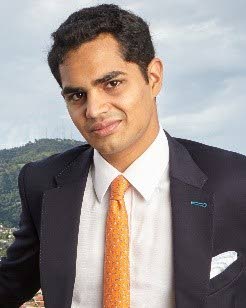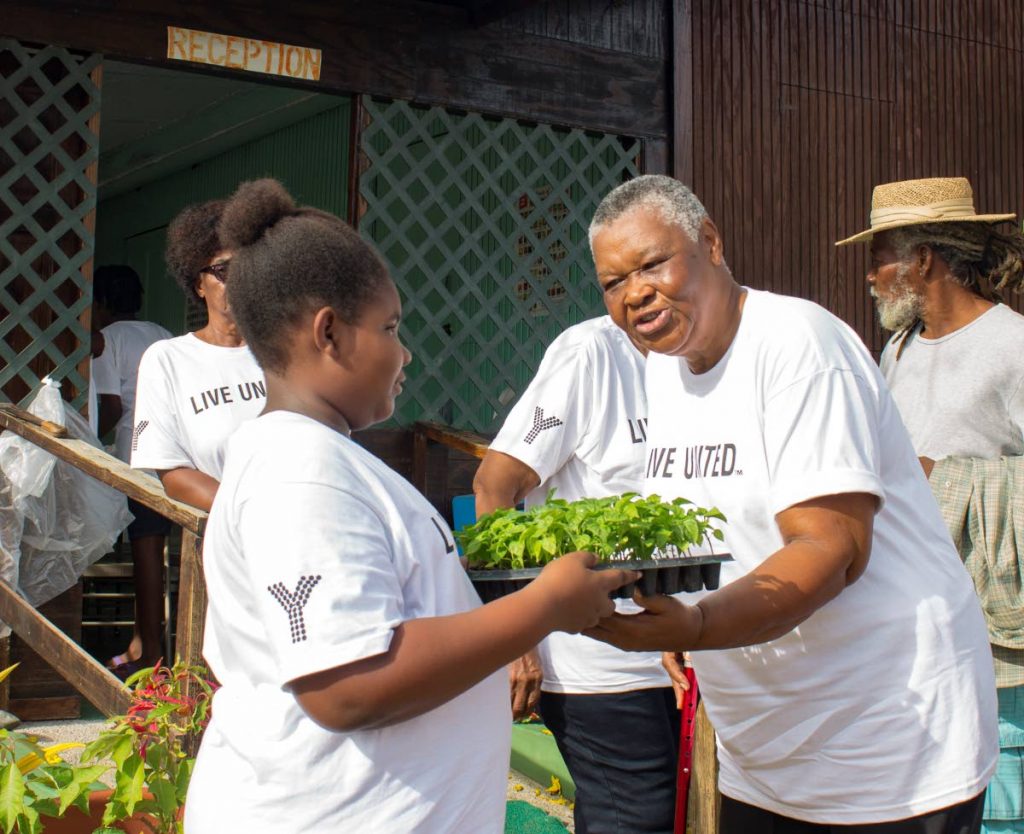Tech can unlock potential of our generosity

kmmpub@gmail.com
We have hundreds of non-government organisations doing everything: from building five-a-side football nets, to running hundreds of schools, to serving tens of thousands of pensioners. They need help.
If can be easy to forget what a big role they play in society. Some of the largest, like the great religious organisations, educate thousands of children. The TT Association of Retired Persons boasts some 40,000 members. In developing countries like ours, civil society starts where the government stops.
And all but the largest typically are chronically short of cash and manpower. We have generous people. The sheer number of charities is a testament to that. But getting consistent help for day-to-day operations is difficult.
There is also no clear map of who is doing what. As a result, many people are trying to do the same thing, or help the same groups, with varying degrees of efficiency and effectiveness.

There is much to be done. Every charity, no matter how small, generates some administration. There are hampers to order, bar-b-que tickets to print, and importantly: money to account for.
Most charities and non-profits are doing the best they can: and shoulder the administrative burden on their own. This is very costly in both time and money. A good part of the immense potential of our people’s generosity is going untapped.
So how can we unlock this potential? First off, our NGOs must embrace business practices. I’ve written before about how companies can benefit from having a social mission. The opposite is also true. Our non-profits can benefit from the clear-eyed focus and efficiency of the corporate world.
So: what projects can we start that can harness the potential of our non-profits?
To begin with, we can compile a database of all our non-profits, large and small, including the specific projects they are working on, and the skills they have at their disposal. Once we have a better picture of this, our NGOs can more easily collaborate. Some smaller charities may well decide to merge with larger ones, and consolidate resources.
NGOs can pool administration. Doing accounts and matching receipts could be made much more efficient if NGOs could simply give it to a “hub” organisation that focussed entirely on back-office administration for NGOs. This would also free many smaller organisations to return to the missions that made them passionate to volunteer in the first place.
Collaboration can also help organisations to better measure impact. Take umbrella organisations like United Way for example. Large companies and their employees feel more comfortable donating to them: they have the resources and capacity to measure charities’ impact and allocate funds. This helps them get the most “bang for their buck”.
Measurement is crucial. Millions of dollars and tens of thousands of hours go into charity works, and yet very few organisations have access to numbers to inform their mission. Without those numbers, efforts to solve social problems end up being either shots in the dark or palliatives at best.
Through more platforms like United Way’s, groups of charities could join forces access sources of funding that require detailed grant proposals – an art that often requires considerable know-how that they might be able to access on their own.
All this would have been a daunting task before. But now we have technology on our side. We can develop online platforms to help our non-governmental organisations share resources and collaborate. For example: a mental health organisation that wanted to work with children could partner with a teaching NGO that runs a network of schools.
Innovative platforms like Gofundme and Kickstarter have already made funding more accessible. More clever mechanisms are emerging.
In a “dominant assurance contract”, people donate towards a certain goal – say building a neighbourhood road for example. But if the goal is not met, the donors get their money back along with a “penalty fee”. Prospective donors are therefore presented with a “win-win” scenario. In theory, everyone piles in: and the goal is almost guaranteed to be met.
There is no reason why we can’t join this wave of innovation.
Existing organisations or new ones can lead any of these projects. Some NGOs like the Adult Literacy Tutors Association are already working with technology, with the help of brilliant volunteers from the diaspora like programmer Matthew Williams. And big multinational donors like the IDB and World Bank have a particular self-interest in bringing efficiency and impact to civil society.
Our inspirational non-profits teach our children, buttress our society and channel our best instincts to help to most vulnerable. It is time to unlock their potential: and our people’s generosity.
* Kiran Mathur Mohammed is a social entrepreneur, economist and businessman. He is a former banker, and a graduate of the University of Edinburgh.


Comments
"Tech can unlock potential of our generosity"